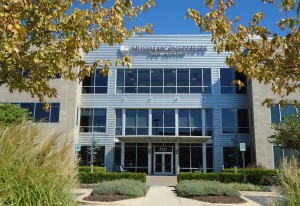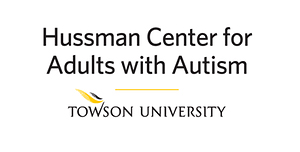
The Hussman Institute for Autism
Our primary research efforts focus on individuals with autism having limited or minimally-verbal communication; behavioral, sensory and motor challenges; and the need for significant day-to-day support. At the core of the Institute is a focus on the strengths, value and potential of individuals with autism, a presumption that they have competence, and a commitment to finding ways to help them develop and demonstrate these abilities.
Our perspective is not that autism is a tragedy that must be eliminated with a cure, nor that those with autism must be turned over to be “fixed” by therapists in segregated settings. Rather, our goal is to provide research and resources to support those with autism within their homes, schools and communities and to enable learning, communication, and meaningful relationships through day-to-day engagement with those around them.
“Our perspective is not that autism is a tragedy that must be eliminated with a cure, nor that the those with autism must be turned over to be 'fixed' by therapists in segregated settings. Rather, our goal is to provide research and resources to support those with autism within their homes, schools and communities; to enable learning, communication, and meaningful relationships through day-to-day engagement with those around them.”
Our Principles and Core Values

“Autism awareness can’t stop with a list of what makes people with autism different from us. Because what is essential is the constant awareness of what makes us the same.”
"In the end, the best argument for inclusion is the simplest. It’s the one we know by heart – that all of us are created equal.”
Structure
The Hussman Institute for Autism is incorporated as an independent nonprofit foundation in Maryland. The Institute’s Program on Supports develops a continuum of resources and trainings focused on education, communication, first-responder training, and positive supports for individuals and families affected by autism. The Institute’s Program on Translational Research focuses on the genomics and neurobiology of autism, with research laboratories located adjacent to, and in partnership with, the Hussman Institute for Genomics (HIHG) at the University of Miami.


The Institute does not offer individual therapy or medically-related clinical care to individuals with autism or other neurodevelopmental conditions.
